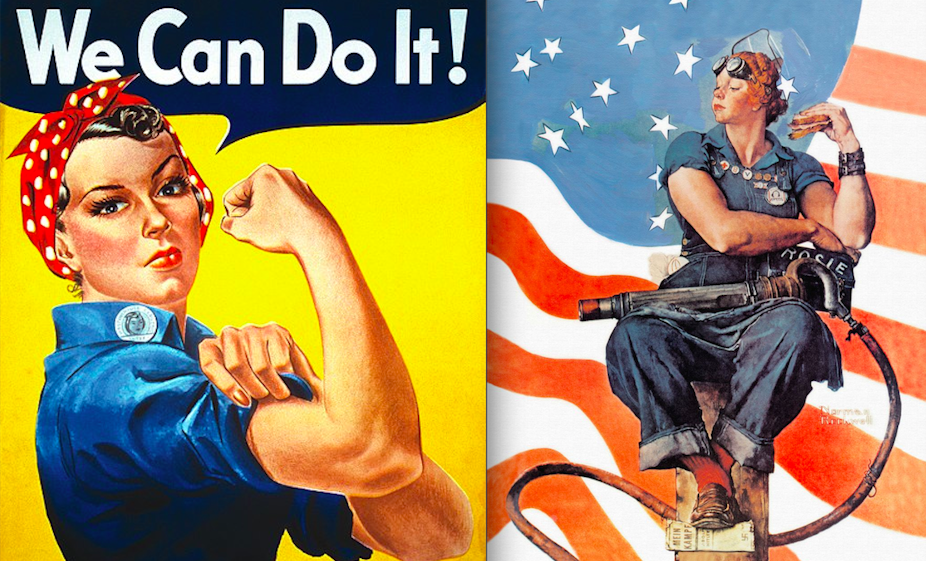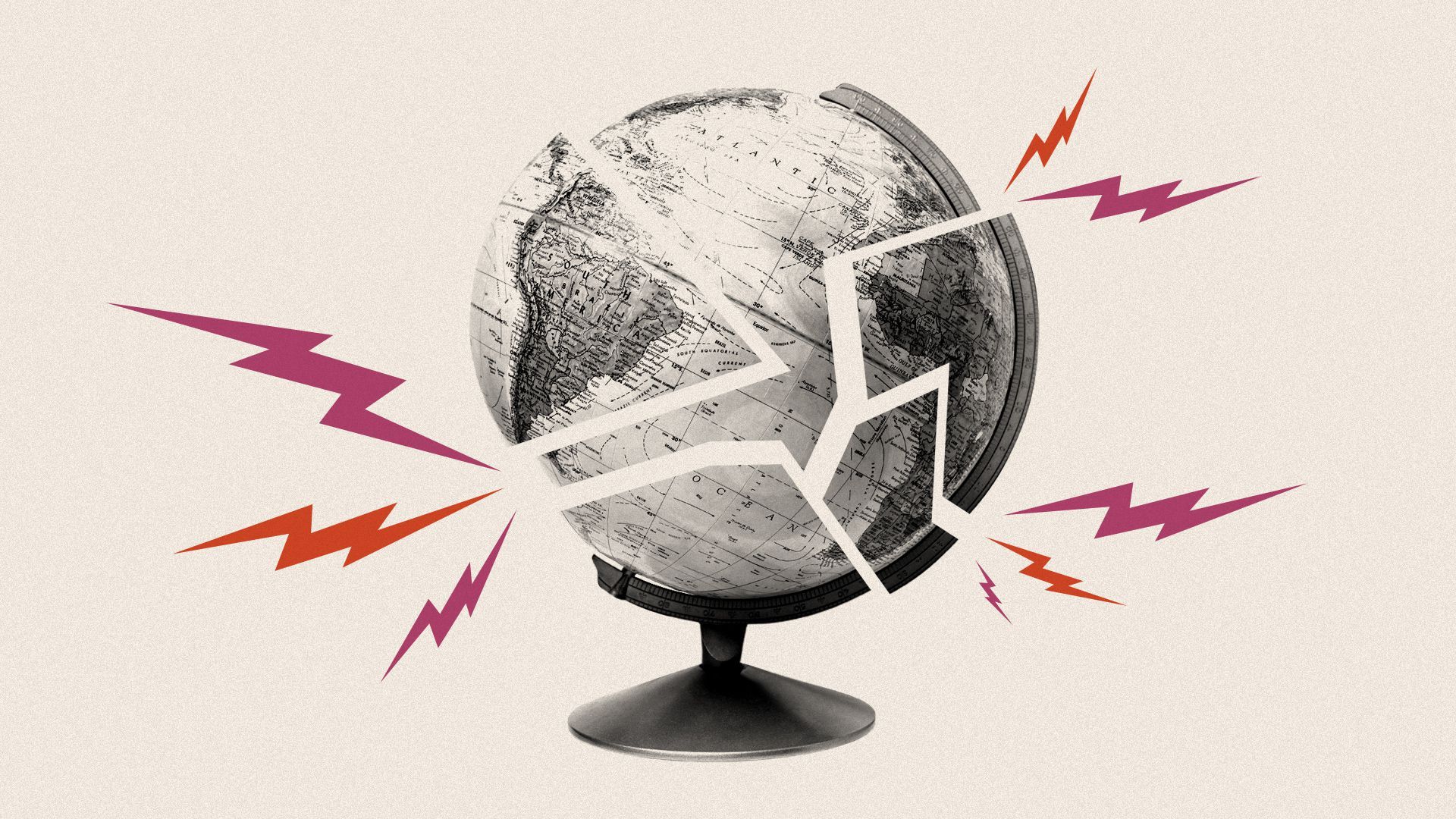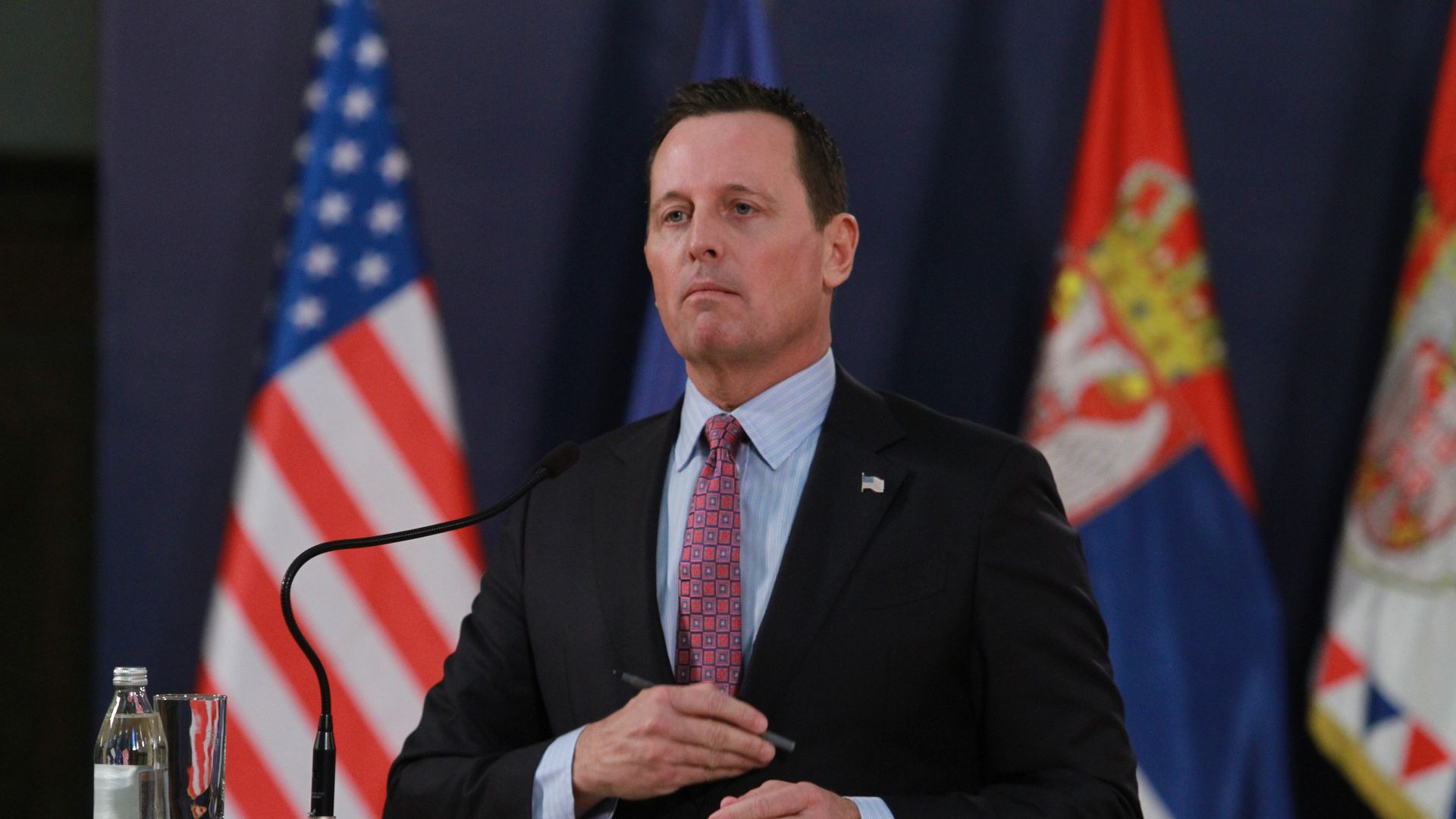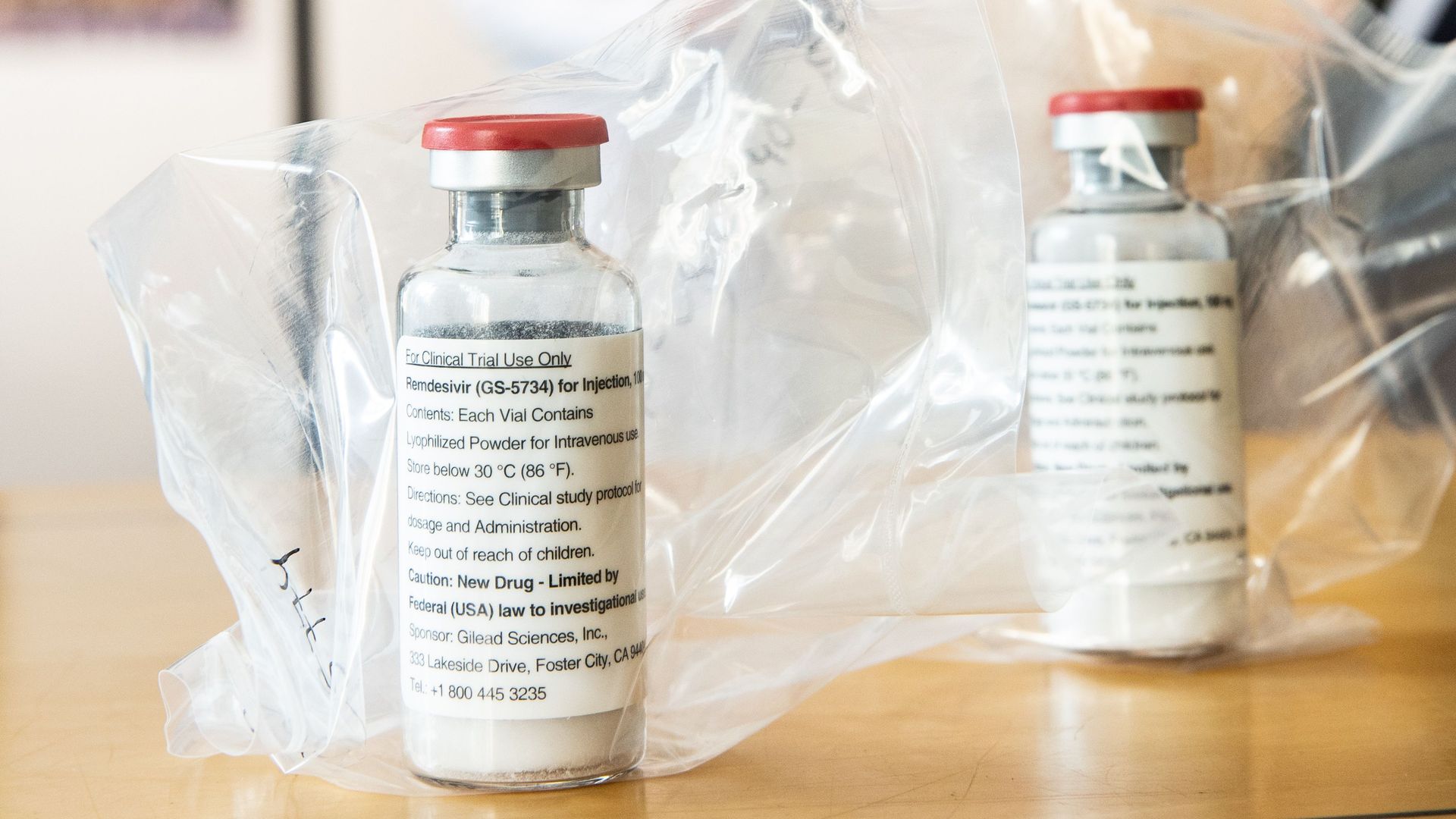Bolsonaro has Brazil headed for worst recession ever
Dion Rabouin AXIOS APRIL 30, 2020

Data: FactSet; Chart: Axios Visuals
Initially hailed as a savior of Brazil's economy as stock prices climbed to record highs after his election, President Jair Bolsonaro now has the country's markets on a crash course.
What's happening: Brazil's benchmark stock index has been one of the world's worst performers, down by nearly 30% in its local currency so far this year, and lower by 46% in U.S. dollar terms.
Initially hailed as a savior of Brazil's economy as stock prices climbed to record highs after his election, President Jair Bolsonaro now has the country's markets on a crash course.
What's happening: Brazil's benchmark stock index has been one of the world's worst performers, down by nearly 30% in its local currency so far this year, and lower by 46% in U.S. dollar terms.
The country's real currency also has been among the world's weakest assets, down by around 25% against the dollar year to date.
In the first quarter, Brazil's stock market declined by 51% with its currency losing 37%, the steepest fall since 1994.
One level deeper: Brazil's economy is falling apart as it has become the Latin American epicenter of the COVID-19 outbreak and Bolsonaro dismisses the pandemic as a "fantasy" or "a little flu."
The president also has fired or alienated powerful allies, including his most popular cabinet member, former Judge Sérgio Moro, who resigned on national television Friday while accusing the president of trying to tamper with ongoing police investigations.
The country's federal police are investigating two of his sons.
The state of play: Citing more widespread and lasting damage from the coronavirus outbreak, economists at Citi now expect "the worst annual contraction ever" this year for Brazil's economy, predicting a decline of 4.5%, versus an earlier forecast of a 1.7% decline.
Go deeper: Brazil and Ecuador emerge as Latin America's coronavirus epicenters















